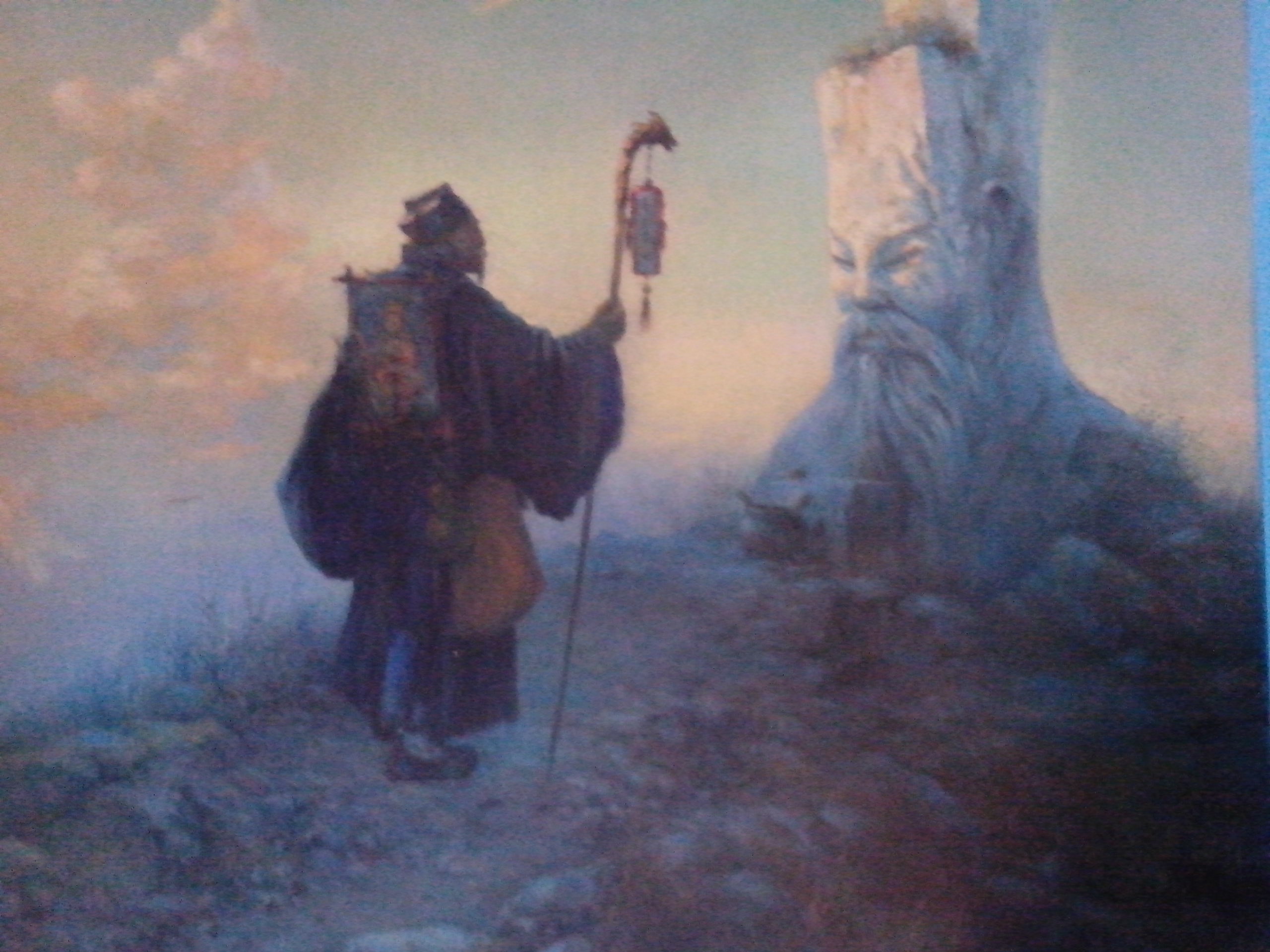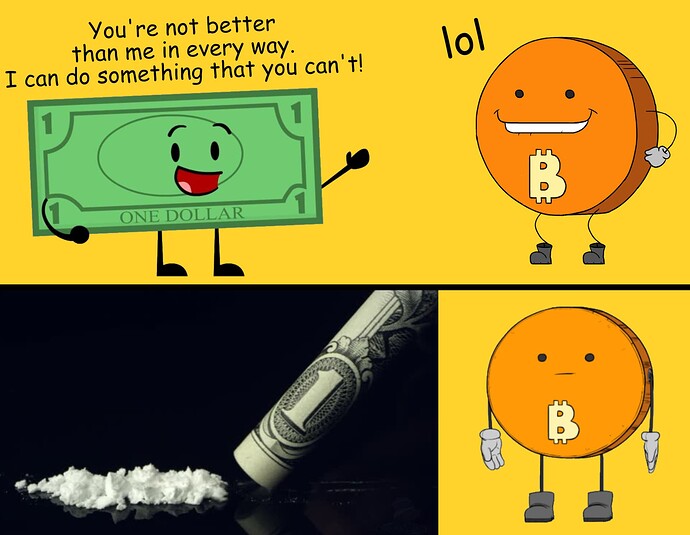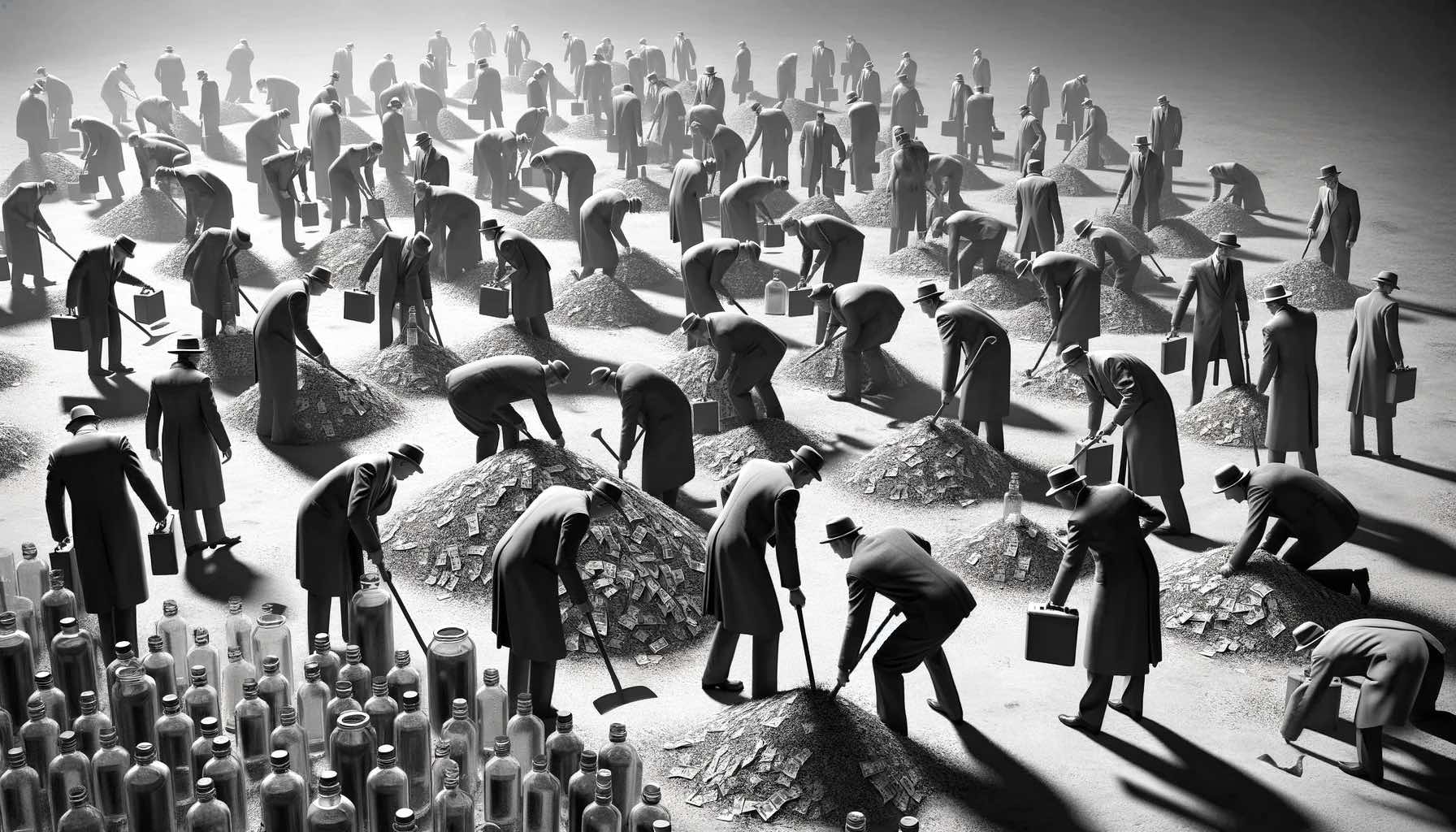
On linguistic issues
- Martin Enlund
- 8/5/23
Elon Musk asserted earlier this year that the media is “racist against white people.” This came after the creator of Dilbert, Scott Adams, was accused of “spewing racism,” which resulted in his comic strip Dilbert being removed from the country’s newspapers. Musk was quickly labeled as a racist.
But is it even possible for the media to be racist against white people? The answer depends on who you ask, and when you ask. According to the definition provided by the Anti-Defamation League (ADL), an organization that tracks racism and anti-Semitism, it was possible to be racist against white people until the summer of 2020. Following the George Floyd protests, the meaning of the word racism changed to only encompass instances where white people oppress others. Suddenly it was not possible to be racist against white people. A couple of years later, after a controversy involving Whoopi Goldberg, ADL altered the definition once again, thus allowing for such racism (against white people) to be possible.
So, whether someone states that it is possible to be racist against white people may therefore hinge on when they last read and accepted the definition on ADL’s website.
Scott Adams’ outburst seem to have been prompted by the fact that many individuals of color responded in a survey that it was not “okay to be white.” That phrase itself can be interpreted as racist against white people. Here, it is noteworthy that Merriam-Webster dictionary revised the definition of whiteness in the summer of 2020 to also involve negating people of color (reminiscent of ADL’s altered definition of racism). The concept of whiteness became racist. It is perhaps not surprising that several people responded that it was not “okay to be white.” (One should also note that ADL claims the phrase can be tracked to white supremacists.)
Even so, someone’s perception of whether whiteness is acceptable might also reflect when someone last updated their definitions from such dictionaries.
If different individuals do not have the time or inclination to update their definitions as quickly as others, it should not be surprising that people talk past each other, or that the climate of debate becomes more intense. There are indeed many words – pandemic, vaccine, woman, girl – whose definitions have been changed in recent years. In the UK, there is consideration to alter the definition of the word gender. Year after year, the linguistic minefields are growing more numerous.
Questions about why definitions change, how, and by whom will likely yield different answers depending on whom you ask. Some might say the definitions must change as our needs or norms change, others might respond that the definitions might also change for economic, political or ideological reasons.
If names be not correct, language is not in accordance with the truth of things. If language be not in accordance with the truth of things, affairs cannot be conducted successfully. When affairs cannot be conducted successfully, propriety will not flourish. When propriety does not flourish, punishments will not be properly meted out. When punishments are not properly meted out, the people will not know how to conduct themselves.
These are the words of Confucius some 2,500 years ago. When asked what he would do if he were a governor, he stated that he would “rectify the names” to better align them with reality.
This doesn’t sound easy. Perhaps we can start by acknowledging that many of us are now using different definitions when we speak and write. If we were to admit this, maybe we would discover that we are not truly as polarized as we seem to be?
If you wish to subscribe, sign up here!
Cover image: Confucius Painting from Celal Bayar Museum, Turkey 孔子, Konfüçyüs fetched from Wikimedia Commons.


